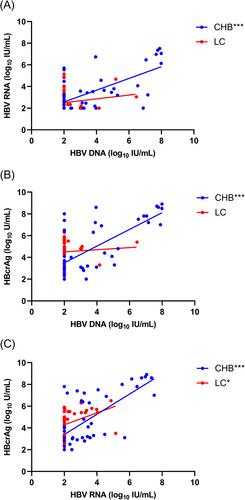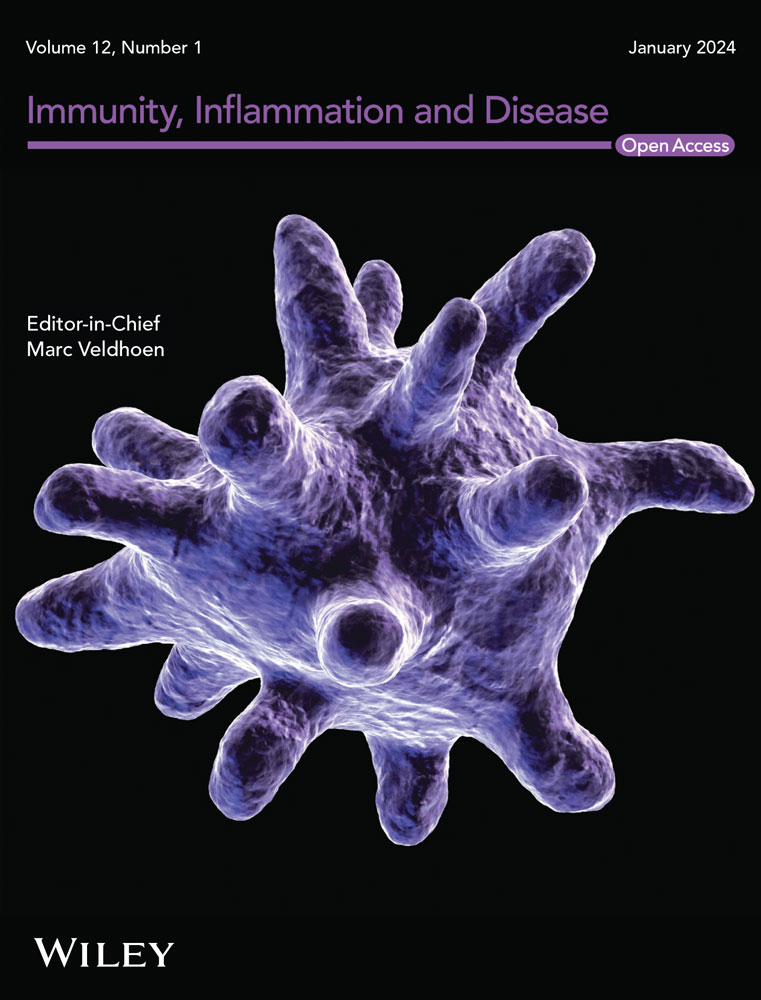Associations between single nucleotide polymorphisms of cytokines and hepatitis B virus-related liver cirrhosis: A case-control study
Abstract
Background and Aims
Various inflammatory and immune cytokines play key roles in the progression of hepatitis B virus (HBV)-related liver cirrhosis (LC). This study explored the relationship between single nucleotide polymorphisms (SNPs) in cytokines with the combined effect of polymorphisms and gender-polymorphisms interaction and LC risk.
Methods
In this study, a case–control design was used, samples were selected from 45 patients with hepatitis B-related cirrhosis and 45 age-gender-matched chronic HBV-infected patients without cirrhosis attending the tumor hospital of Wuwei Academy of Medical Sciences. Fifteen SNPs were examined using a real-time polymerase chain reaction allelic discrimination system. Logistic regression was utilized to assess cytokine-associated SNPs and the association between SNPs and LC progression in HBV-infected patients.
Results
The multivariate-adjusted logistic model revealed that the GG/AG dominant model (OR, 16.38; 95% CI, 1.13–236.70) and G allele (OR, 5.93; 95% CI, 0.98–36.01) of rs1800896 were associated with an increased risk of cirrhosis in CHB patients. Instead, rs2227306 CT presented a reduced cirrhosis risk (OR, 0.22; 95% CI, 0.04–1.38). Rs2055979 AA/AC was negatively associated with the risk of cirrhosis, potentially reversed in males (p = 0.021). Rs1799964 CC/CT was positively related to the risk of cirrhosis but reduced the risk of cirrhosis in males (OR, 0.13; 95% CI, 0.022–0.808; p = 0.028). Both rs1799964 TT and rs1799724 CT/TT genotype showed a synergistic effect in reducing the risk of cirrhosis with rs1800896 AA (OR, 0.08; 95% CI, 0.01–1.43 and OR, 0.12; 95% CI, 0.01–2.21).
Conclusion
Polymorphisms rs1800896 and rs2227306 are potentially associated with the risk of cirrhosis. For the first time, the study highlights that the rs2055979 AA/AC and rs1799964 CC/CT polymorphism interact with gender and its potential reversal of cirrhosis risk in males. Furthermore, rs1800896 AA showed a synergistic effect with rs1799964 TT and rs1799724 CT/TT to prevent the progression of HBV infection to cirrhosis.


 求助内容:
求助内容: 应助结果提醒方式:
应助结果提醒方式:


